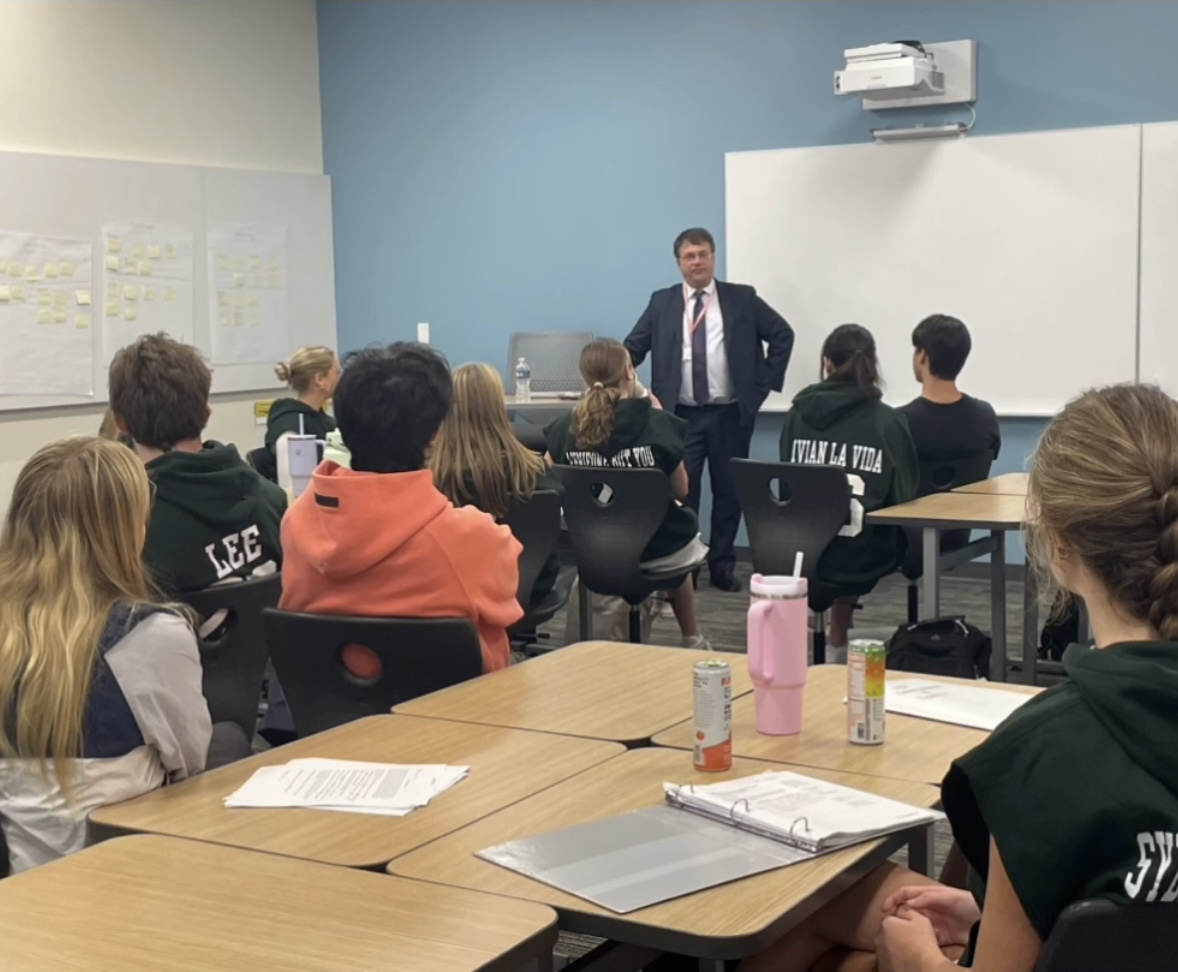Although college is still the most popular post-high school choice for graduating seniors all over the country and at New Trier, gap years are becoming an increasingly common option for high school graduates everywhere.
Linda Connelly, Post-High school Counselor and the school’s Gap Year Coordinator explained the purpose of a gap year.
“Most students have been attending school since they were 3 years old. The gap year lets them explore their interests, try new experiences, and discover their strengths. Students have an opportunity to become more reflective on their life and the direction they want to pursue when they continue in college,” said Connelly.
“Taking a gap year allows students the opportunity to step off the educational treadmill and take a break from their formal education.”
Connelly has seen the popularity of the gap year increase dramatically over recent years. Over the last ten years, the number of students opting for a gap year has grown from 1-2 students to 25-30 students each year,” she explained.
By putting college on hold for a year, students have the chance to explore some of their interests and have experiences that might impact their decisions regarding college.
Connelly explained that each student’s gap year is completely specific to their needs, and the possibilities are endless.
“There are really no traditional gap years, everyone finds their own paths and pursues their interests,” she said. “Some students will do an internship, volunteer, service projects, teach English, travel, work with children, or build schools.”
Naomi Frisch, a senior, will take a gap year to explore the world. “I am taking a gap year in Israel. I have been going to a summer camp since 2005. The organization that runs my camp also offers this gap year program,” said Frisch.
Frisch is not the only one of her peers who chose to take a gap year. “I only have a couple friends from New Trier taking one; I have a few friends in the U.S. that I know are taking one, and 10 of my other camp friends are going on the same year as me.”
Michael LeFevre, a senior, is also taking a gap year. LeFevre explained his plans to spend his gap year working on his music. “I’m going work part time and continue recording my music and performing with my band,” he explained.
Gap years are becoming more common for a wide variety of reasons.
Connelly stated her opinion on the reason for the growth in the gap year’s popularity, “Gap years are growing in popularity because students often have no idea what they want to pursue in college. With school costing between $30,000 and $60,000 a year it can be an expense proposition when you don’t have an idea or interest to study. Some students are burned out from high school and want a break. Others simply want to have a different experience in learning rather than a traditional school setting.”
Frisch saw a gap year as a once in a lifetime opportunity that couldn’t be passed off. “This is the only time in our lives that we will ever get an opportunity to just take a year off of school and do this. Especially for my gap year; this program is only open to students the year before their freshman year in college,” said Frisch.
LeFevre explained his reasoning for deciding on a gap year: “I want to save up more money for college. I also will have time to figure out what I want to do and will have the chance to spend a lot of time on my music.”
The benefits of taking a gap year are numerous, according to Connelly. “Students develop a new found confidence and maturity that helps them excel when they start college,” she explained. “Students come back from their gap year rejuvenated, confident, mature and ready to tackle the demands of a college and university education. They are more global in their views and offer an interesting perspective during class room discussions.”
Connelly isn’t the only one who sees the benefits of a gap year in students. According to Connelly, many colleges like to see students take a year to reflect, re-charge, serve, or work. “Harvard and Princeton encourage or require a portion of their admitted class to do a gap year. Middlebury, Amherst and Colorado College encourage students to do a gap year – some offering a January admission,” said Connelly.
Connelly advises students who are considering a gap year to take action.
“My primary advice to someone wanting to do a gap year is to attend the gap fair and talk to as many program providers as possible. Arrange a meeting with myself, the gap coordinator at New Trier, to discuss options. Talk to a gap student from the previous class to learn about the experience from a student’s perspective,” Connelly said.
Frisch stated her main piece of advice to someone considering taking a gap year: “Do a gap year. You have been in school for 12 years straight with only summers off!”







































